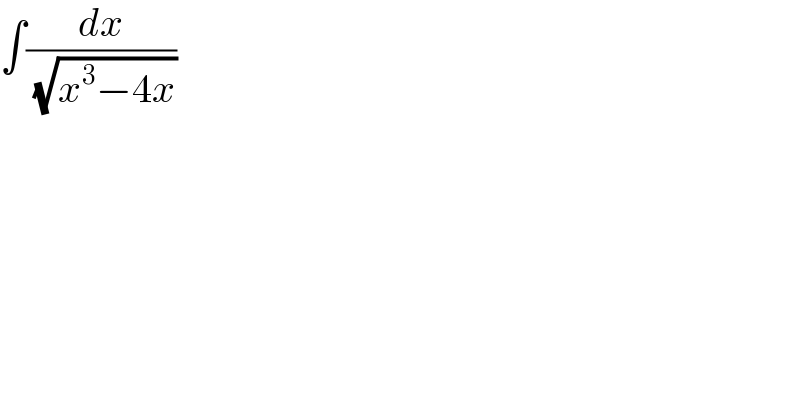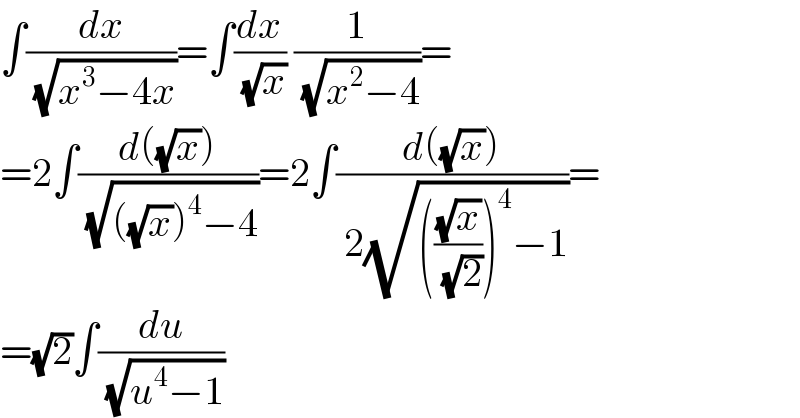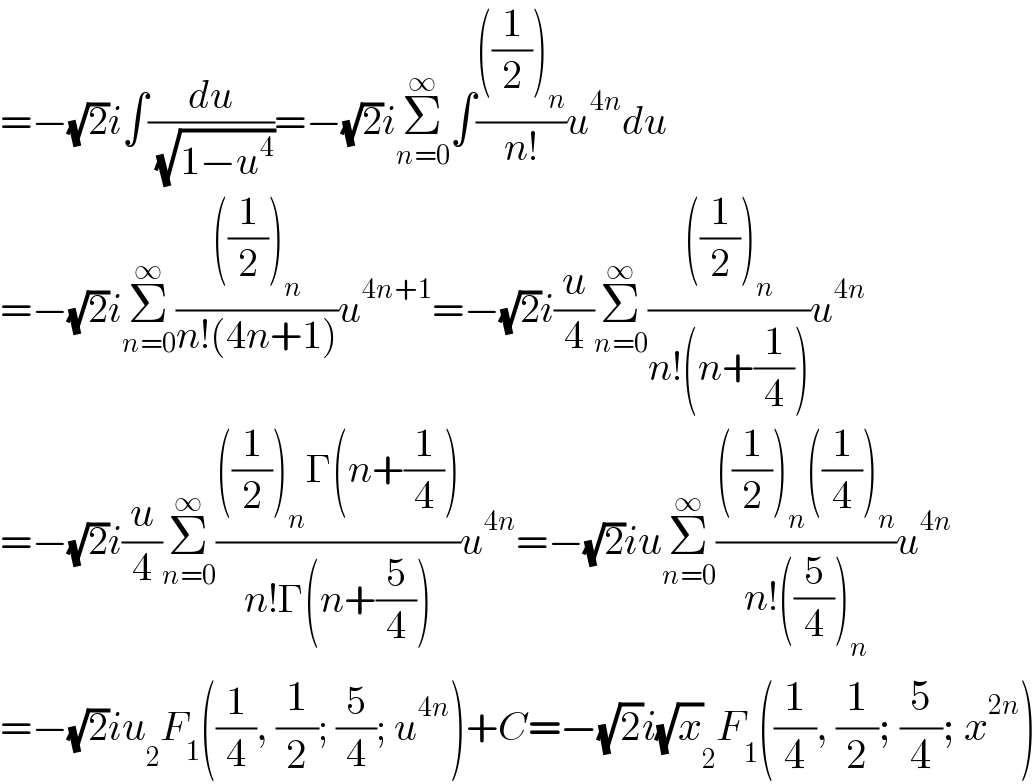Question Number 161999 by mahdipoor last updated on 25/Dec/21

Answered by aleks041103 last updated on 25/Dec/21

Commented by aleks041103 last updated on 25/Dec/21

Commented by Ar Brandon last updated on 25/Dec/21

Commented by aleks041103 last updated on 25/Dec/21

